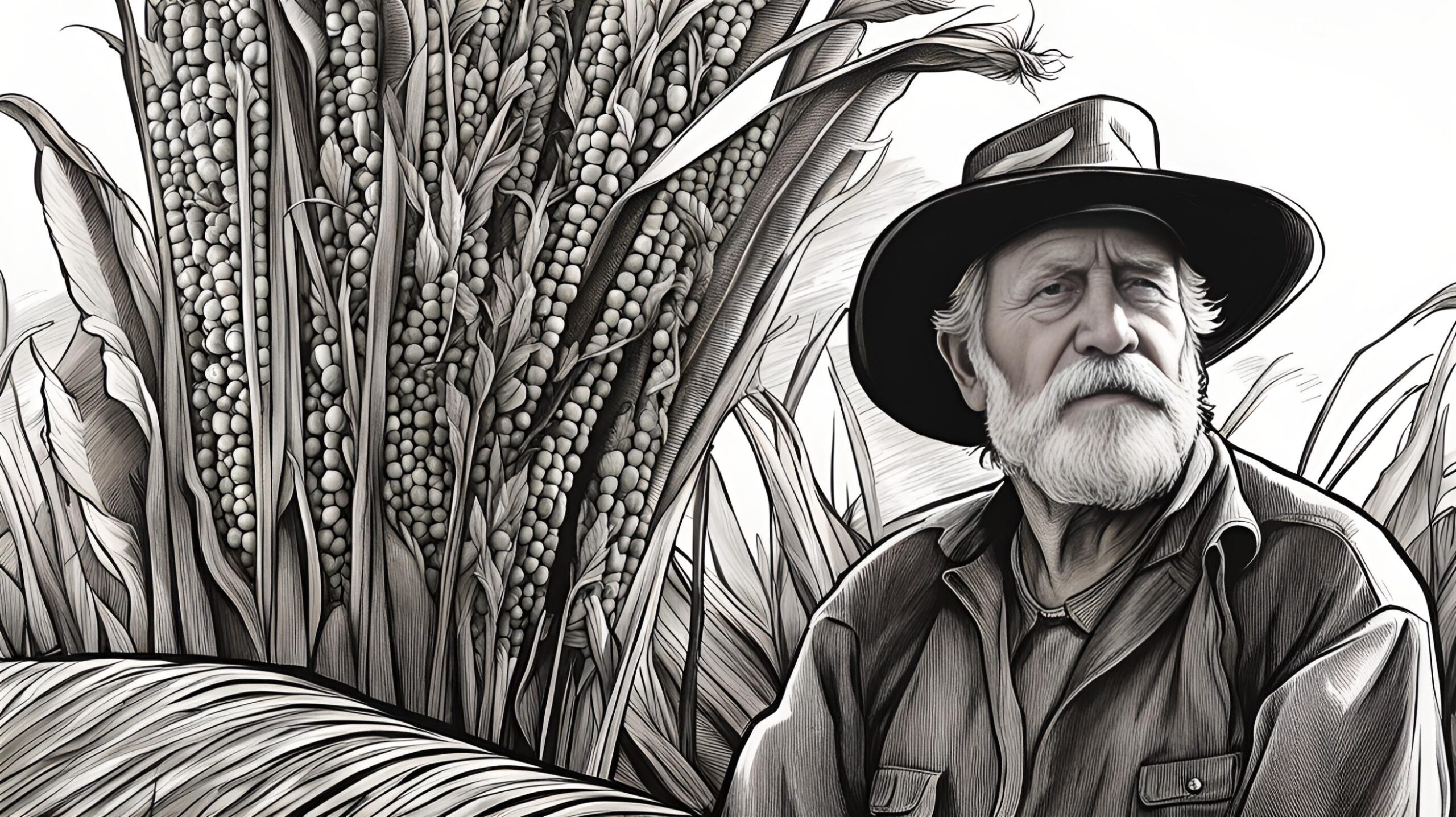Flashback to July 9
American History

The Sand Creek Massacre, a dreadful episode in American history, witnessed a brutal attack on the Cheyenne and Arapaho people at Colorado’s Sand Creek in November 1864. This heart-wrenching event was led by a group of Colorado volunteers under the leadership of Colonel John Chivington. The incident resulted in the tragic death of approximately 150 noncombatants, primarily women, children, and the elderly. This historical event resonates deeply within Colorado Territory folklore and retains its importance in American historical narrative.
The scene begins in Colorado, populated by Native American tribes, leading largely nonviolent lives despite the Civil War unfolding elsewhere. At the heart of the Sand Creek Massacre was one man, Colonel John Chivington. A former Methodist minister turned military man, he had a deeply ingrained hatred for Native Americans, which led him to orchestrate this massive slaughter.
The night before the massacre, Chivington and his band of Colorado volunteers were stationed near Sand Creek. As dawn unfolded on November 29, 1864, unaware of the impending danger, the peaceful tribes of the Cheyenne and Arapaho people fell victim to a surprise attack. The swiftness and unexpectedness of this onslaught resulted in a devastating death toll.
Despite their longstanding peaceful relations with the white settlers, the Cheyenne and Arapaho tribes were subjected to the indescribable horror. Although they were noncombatants and posed no threat whatsoever, they couldn’t escape the wrath of the Colorado volunteers. History estimates that at least 150 innocent lives, mostly children, women, and the elderly, were mercilessly slaughtered in this massacre.
Post-massacre, it was evident that Chivington’s command had carried out a horrific act in what was then known as Colorado Territory. Riddled with guilt and despair, some of the volunteers voiced their dissent against the massacre, bringing to light the heinous act. Despite the broader Civil War conflict, the Sand Creek Massacre marked a dark day in American history, overshadowing other significant events of that period.
It’s wondrous how history has managed to keep the memory of the Sand Creek Massacre alive, resisting attempts to gloss over it. Remnants of this frightful past still pepper the landscape in Colorado, standing as silent reminders of a monstrous act of violence. These markers serve as crucial flags in directing us toward understanding our history and acknowledging the atrocities committed.
Understanding the relevance of the Sand Creek Massacre is dependent on analyzing the profile of Colonel John Chivington. His strong anti-Native American sentiments not only instigated the massacre but also reflected the widespread bias that existed during that era. Chivington’s actions had deep implications in pushing government legislation and policies to marginalize Native Americans further, which is a significant area of study for historians and scholars alike.
The repercussions of the Sand Creek Massacre continue to echo through American history, serving as a painful reminder of an unaddressed discourse on prejudice and tolerance. The incident has fuelled countless dissertations, research papers, books, and documentaries, with academics clawing on to every element of this narrative. The incident went on to influence the Indian Wars’ trajectory and continues to shape understanding around Native American history.
the Sand Creek Massacre, led by Colonel John Chivington, is an unforgettable incident that casts a long and dark shadow on American history. The Colorado volunteers’ action on that fateful day continues to stir contemplation and analysis, shaping and reshaping our understanding of history. As we acknowledge these wrongs and work towards creating a more inclusive narrative, our collective memory serves as a reminder of the missteps of the past and the aspiration for a more tolerant and accepting society.
We strive for accuracy. If you see something that doesn't look right, click here to contact us!
Sponsored Content

Corncob pipe patented (Henry…
On July 9, 1878,…

Temperature hits 115 degrees…
On July 9, 1860,…

L Carnera discovers asteroid…
On July 9, 1902,…

In Western Minnesota, a…
On July 9, 1975,…

Great train wreck of…
The Great Train Wreck…

